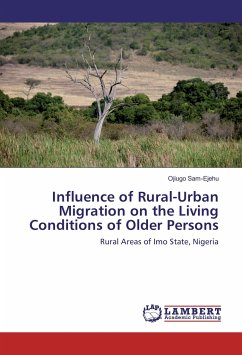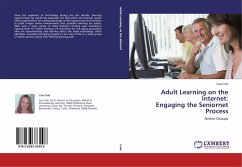Co-operatives originated as a popular response to satisfy the needs of communities living in difficult social and economic conditions in mid-nineteenth century Britain. The British colonial authorities adopted the co-operative model to spur local development in the colonies, making them more productive and less reliant on the British Exchequer. This was how the co-operative model took off in Malta. However, some local communities in Malta appropriated this community-based organisational model in order to suit their own aims. This work explores the learning that goes on inside two community-based rural cooperatives in Malta. What do people learn while participating in the running of the co-op, as elected members of the management committee, as employees or as volunteers? What do members, customers, the local community, or policy makers learn from the co-op? What do people learn for the co-op? That is, how do participants in co-ops learn how to turn co-operation into a political tool that enables them to envision and create alternative communities where they can exert more control over their individual and collective lives?
Bitte wählen Sie Ihr Anliegen aus.
Rechnungen
Retourenschein anfordern
Bestellstatus
Storno

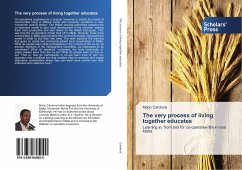
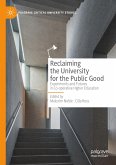
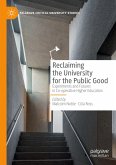
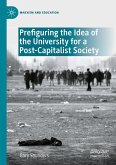
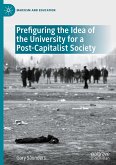
![Art of Living [ Vol 1] Art of Living [ Vol 1]](https://bilder.buecher.de/produkte/49/49098/49098733n.jpg)
